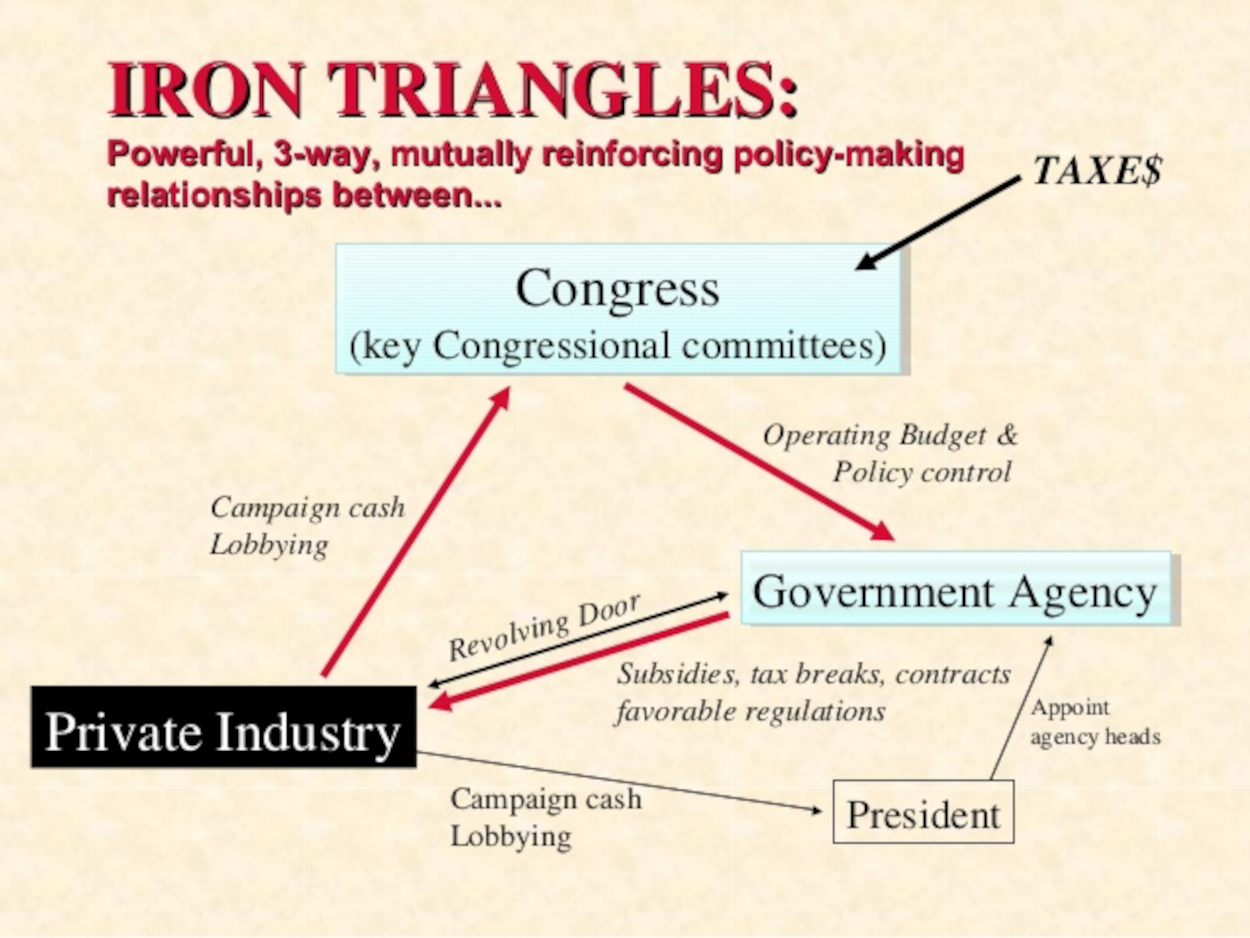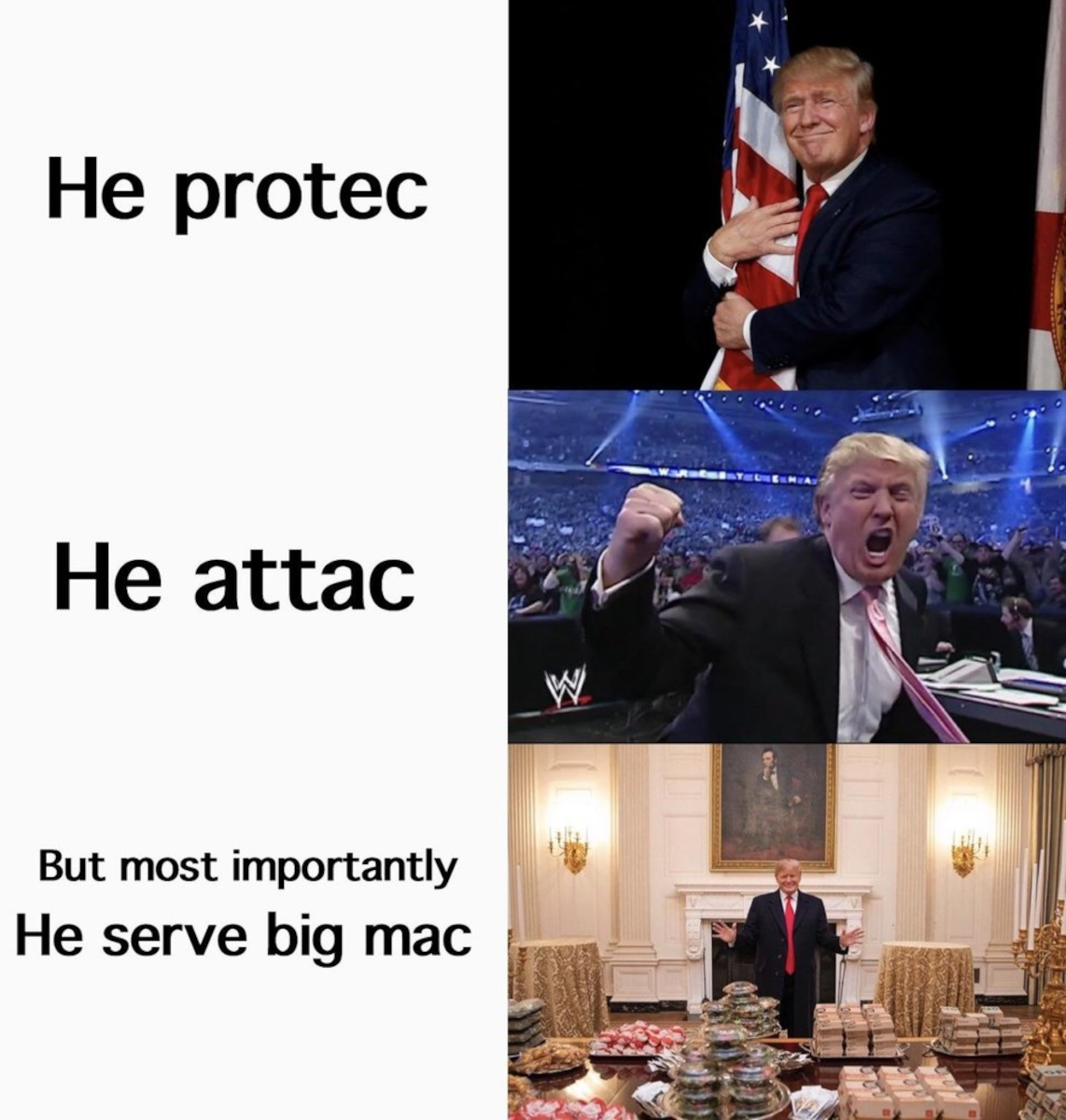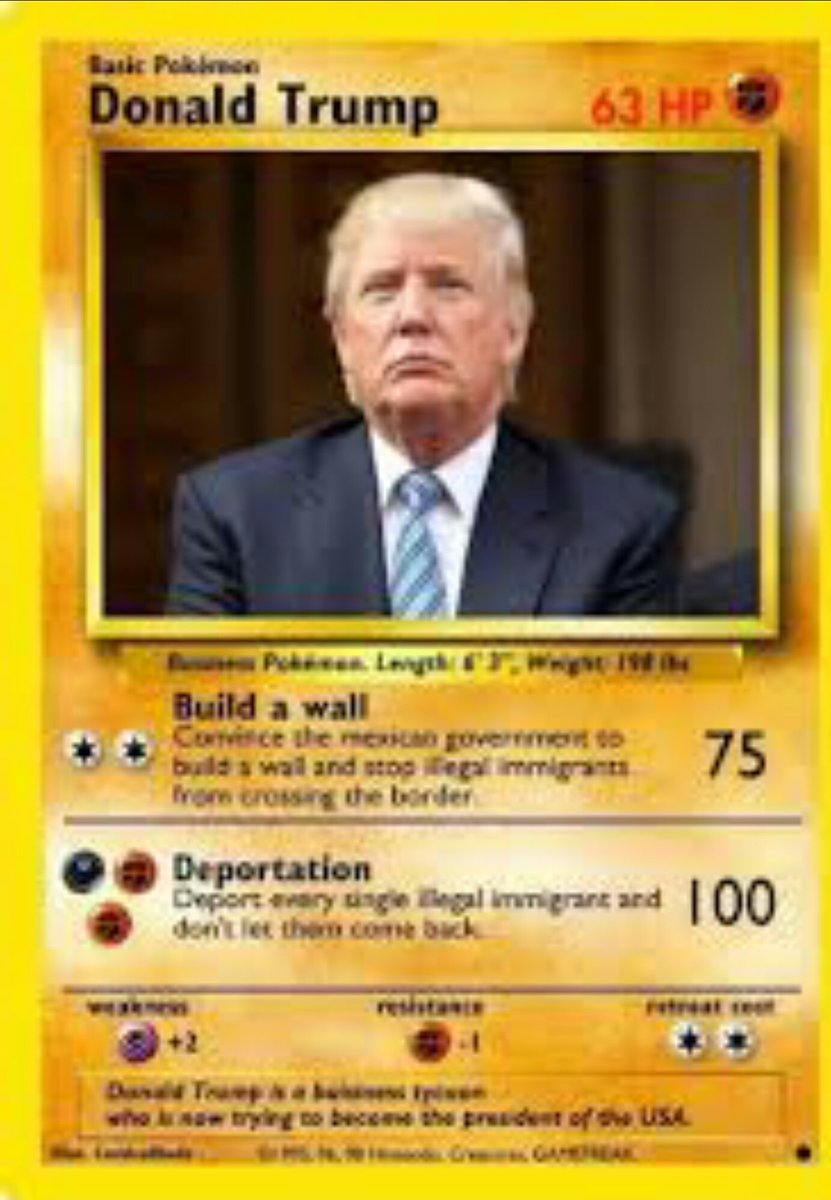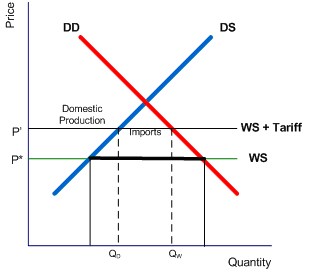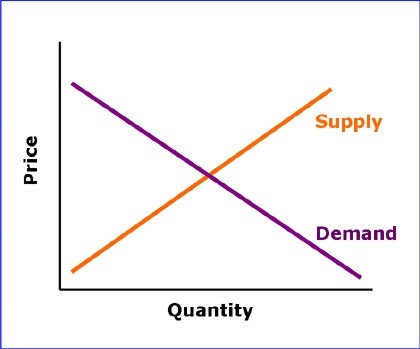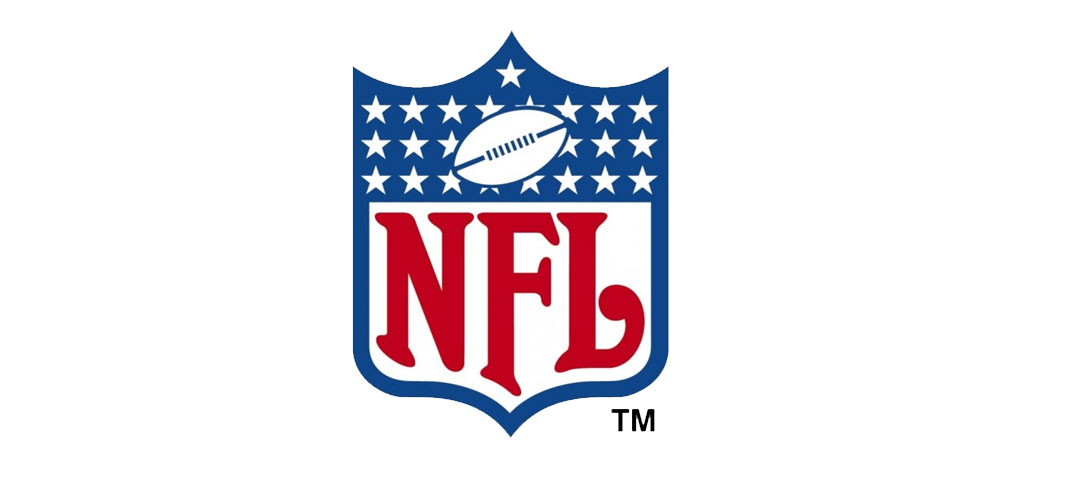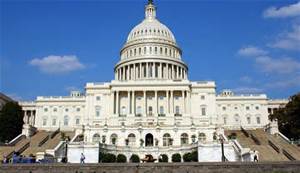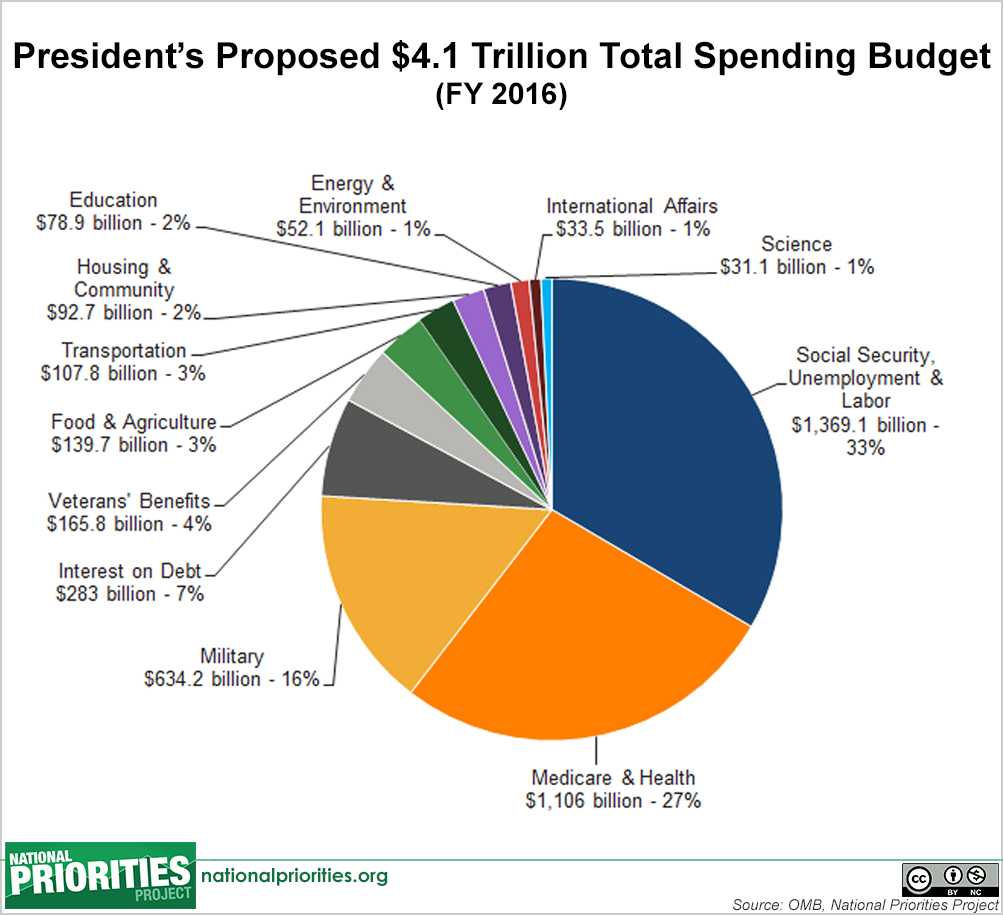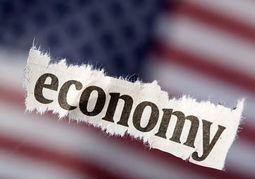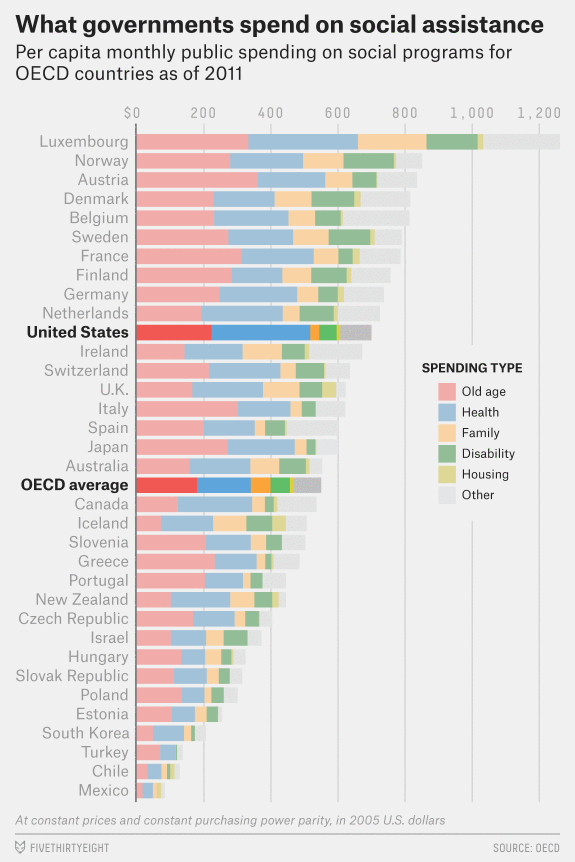This is a sort of chaser to my open letter to Trump Supporters. I wanted to go into detail about what the neoliberal system is, and what it means. I didn’t give a ton of detail, only dedicated a few sentences to a thing that is complex and multifaceted. There is a famous quote by Chinese strategist Sun Tzu which perfectly describes why I think it’s necessary to do this blog post:
“If you know the enemy and know yourself, you need not fear the result of a hundred battles. If you know yourself but not the enemy, for every victory gained you will also suffer a defeat. If you know neither the enemy nor yourself, you will succumb in every battle.”
Sun Tzu on the Art of War
I think that the neoliberal system as I call it, encompasses more than just government. For years, my thinking was government is the enemy along with communists. But in the past year or two, I’ve had this realization that enemies are around every corner, in every facet of society. Strictly speaking, enemies aren’t just those that directly oppose your views, but also those that ally with those who oppose you. So you might be wondering how expansive is the neoliberal system? How many industries and organizations makes it up? Well the list is infinitly growing. But to generalized and in part create a sort of road map, it can be broken down to a few main categories:
– Military Industries
*Not comprehensive, every conceivable industry or service is in play
– Corporations fortune 500 (outside of one’s listed below, think Coke Cola, Walmart)
– Media companies (includes social media)
– Telecommunications companies
– Financial business includes banks, stock market
– Energy firms
– Lobbies (lobbyists hold large power in DC)
This comprises mostly everyone involved but it does leave out a few independently wealth and influential shadow figures who use their wealth to influence actors with the system. Recently Bill Gates comes to mind but there are others who are less well known. Of the biggest contributors are the government which I didn’t put on the list because I’ve already indicated them as enemy #1. You can think of government as the glue that holds all the pieces in place. I think it will be more productive to go over the list and incorporate government’s role in that entity’s place in the neoliberal system. I definitely want to start with the most obvious place that government and other entities come together for the system. It’s actually my forte, the defense industry.
The defense industry has existed in America since before the revolution. It’s organization was strongly influenced by government actions. Although government influence isn’t truly visible until the civil war. Abraham Lincoln and his secretary of war utilized the rifle and firearm industry to mass produce rifles for the union army. They handed out contracts to companies like Colt and Remington. Now fast forward to the Cold War, Dwight D. Eisenhower gives his farewell address. In his address he warns us about the dangers of what he termed the “military industrial complex”. It’s a holtly debated history question about what Eisenhower meant. But fortunately secondary scholarship has figured it out. (Military Industrial Complex by Paul A.C Koistnen) The military industrial complex is the relationship between the government and private military based companies. Now let’s bring it forward to 1995. Dick Cheney is Secretary of Defense under President Clinton. Dick Cheney revolutionized the way that defense contracts were handed out to contractors. He eliminated most of restrictions which led to even less accountability.
During the cold war, the accountability on DoD contracts was already bad. The contractors such as Lockheed Martin and Raytheon took advantage by going far over budget. The DoD never held them responsible for overruns. Cheney made worst by giving his own company, Halliburton a big defense contract for the war on terror. Cheney also held a position at Halliburton even after he was elected Vice President. So you can imagine the collusion between private companies producing military material and government contracts. I don’t want to write all I know about the military to government revolving door. I think the point I want to make is clear that government contracts are feeding these military contractors and giving the economy a false sense of success.
Let’s take a break from the military industrial complex and look at another entity that’s less obvious. Recently the media has been called out by various pundits and politicians. But the real problem with media is that it’s comprises about 6 corporations. The media is highly monopolized thanks in part to government regulations. Not to mention that most of media is controlled by one partisan side. The FCC is the main regulator, if you remember when net neutrality was repealed a few years ago, the media obvious went on the offensive because opening up the internet to innovation because it hurts their monopoly. Government also fell in line with (I think it was) Nancy Pelosi said millions would die if net neutrality was repealed. This rhetoric is meant to protect the establishment.
In the past few years but especially since the election there has been mass censorship on social media. Social media is also part of the technocrats in silicon Valley. Social media companies also receive taxpayers money for spying and information collection. In this one brief sentence, I’d point out that private companies receiving government funds voids any private privileges they had.
The media’s role in the neoliberal system is that of spin doctor and censorship arm. Since most democratic led countries make outright censorship illegal, they pass it off to “private” corporations. I think it’s obvious but the military industrial complex role is both defense but more often its offense. Typically following narrative set by media. The oligarchs pulling strings are very careful with these operations. But once you are aware of it, the cracks become obvious.
The next few players are background ones. Lobbyists and the financial industry. For the sake of word count, and for the sake of similarity, we’re lumping these together. Lobbyists are not often talked about by media, politicians or anyone. But anyone that knows government, knows lobbying runs the world. In the early days up until nearly the turn of the 20th century, there was a rule in place about lobbying. Actually lobbying got its name because Lobbyists weren’t allowed to meet the president in the white house or capitol building. Instead Lobbyists would meet in hotel lobbys. Lobbying is big business and it’s how corporations influence government decisions on regulations, laws and oversight. I guess you could say it’s a tool of the corporate entity.
The financial industry has a reputation for being shady. Nothing says more than the 2008 bubble burst. It’s too simple to say that banks are evil, although they most certainly are. Here’s the thing, the revolving door of bank employees to SEC board positions is how the term revolving door was coined. (Pun absolutely intended) Now knowing this, it’s easy to overlook government’s role because it goes further than former bankers making regulations. The federal reserve, a corrupt institution, a central bank, supposedly separate from government control, has the ability to control banks and currency. The federal reserve saw the 2008 crisis at least 6 years prior to it happening. Nobody said anything. They let it happen. It’s a disgusting institution which as the great Ron Paul says we should “End the Fed”.
The banking industry finances the wars, makes sure that money is always available for it. The banks also make sure to keep regular people from having too much freedom. They use interest rates and inflation to devalue the fiat currency. They make sure there is plenty of public debt to keep American dollars valuable to other countries. Its all orchestrated on the behest of government. The president appoints the head of the federal reserve. So of course, politics seeps in and ruins whatever shred of independence the Fed was supposed to have from government. By now you are probably seeing a pattern, in the neoliberal system it’s government that provides the security and protection for otherwise private industries. In this way, the industries become a extending wing of government.
There are 3 industries left, Energy, Telecommunications and large corporations that are fortune 500. I’m combining these because they are secondary players. In the case of Telecommunications and energy both benefit from government monopoly. The government also has unlimited access to phone records and IP addresses. It follows the same pattern of government maintaining control through private companies.
Now the last entity covers a huge swath of industries including some already mentioned. The large, multinational corporations that often dominate the stock market and get big tax breaks from government. Their role is more subtle. The role is cultural compliance. Often times these companies will use their brand to support government based initiatives. Best examples I have are voting campaigns and covid restrictions. All large corporations benefit from the neoliberal system because it’s economic driven, it’s not free market. It’s corporatism. When we’re speaking about a corporatist economy, lobbyists are a prominent player. I also want to point out that government and business are allies. They are inextricably connected. Corporatism wouldn’t be possible without government monopoly.
I hope you’re following what I mean by the neoliberal system. This next part will conclude this post. In the context of my open letter, I blame the neoliberal system for rigging the election. The logic is that the neoliberal system needs a president to fit its mold. By in large, the system confines any president’s agenda because nearly every industry is already co-opted by political partisan influence. The military industrial complex has one of the strongest Lobbies. They have politicians on payroll just as every other industry does.
Now sometimes a president goes against the agenda. Trump seems to have upset the system especially the military industrial complex with his withdrawal of troops from war zones. The neoliberal system demands compliance by every actor in the system. If you act against it, the neoliberal system will push you out and make sure you aren’t credible or in jail. The media has the ability to demonize anyone. There is really no escape however, one can live outside the system. Yes it’s possible. I mentioned it in my open letter how agorism, bitcoin and 3D printed guns can fight the system.
To conclude, the neoliberal system is all private large corporations utilizing the monopoly of power that government holds over everyone else. The system as I describe it, operates with the military industrial complex at its heart. But it wouldn’t be effective without the other industries especially the media, technology sector, and the financial industry. Lobbying plays the important role of middle man, brokering deals to ensure the neoliberal system continues successfully. The point of writing this blog post to help rejected Trump supporters understand why they should join the liberty movement as allies. But I’d also like to extend an olive branch to anyone who will take it. We don’t need to agree on anything but the fact that system must end now.
Thanks for reading!
Please check out my new page called Social Media list/links. It holds every single social media platform that I own. Smack that follow button just below this post, please!

